Paris Paradigm: Revolutionizing Real Estate
The real estate industry, traditionally known for its complex and often ambiguous processes, now is on the brink of a revolutionary transformation. The Paris Paradigm model is at the forefront of this change, offering a new approach that promises to move the industry to the next level. This article explores the Paris Paradigm model, the problems it aims to solve, and its potential to reshape the real estate landscape. What is the Paris Paradigm Model? The Paris Paradigm is an innovative real estate model that decouples the roles of property search and negotiation, creating a more transparent and efficient process…
Read More





